A healthy pregnancy sets up the unborn baby for a healthy life. The mental and physical wellbeing of the mother is important for the baby’s healthy development, as the baby grows inside the womb, the foetus is susceptible to the environment around the mother.
Working with the Local Maternity and Neonatal System (LMNS), we have undertaken a Health Equity Audit to identify local priorities, tackle inequalities and reach out to new parents earlier, to ensure they can be happy, healthy, and prepared for parenthood.
The audit has been translated into a 5-year action plan of targeted interventions that can be made locally to improve outcomes for infants and their families. Dorset LMNS continues to focus on reducing smoking cessation, supporting families experiencing perinatal mental health issues and plans for greater focus on health prevention behaviours pre-conception and during pregnancy.
Promotion of strong attachments with primary carers is supported through a robust family offer in each locality. This is also strengthened through good relationships between early years providers and families.
We have successfully commissioned the Pause Programme locally to deliver in three communities, with sixty women, over the next five years. This is a nationally evaluated programme which provides intensive support for vulnerable women. Often there are mental health, drug and alcohol or experience of domestic violence.
The reflective approach aims to tackle destructive patterns of behaviour, and to develop new skills and responses that can help them create a more positive future.
Good early learning opportunities at home and in the community are important in giving children the best start in life.
We are working with families and our health, education, and library service colleagues with an agreed definition of school readiness and a whole-system approach to change. This work will enable us to support our ambition to provide the right support for children and families through early years settings and schools.
Access to high quality early education from 2 years for vulnerable children is vital to provide the foundations for lifelong learning. In Dorset, 99% of our providers are good or outstanding and the take-up of childcare funding for children is high (89% of eligible 2-year-olds and 96% of 3- and 4-year-olds)
A key indicator of the success of high-quality early education is the number of children who have ‘a good level of development’ at age 5 in all areas of learning but particularly in communication and language, personal, social, and emotional development, and their physical development.
In Dorset there is a gap between children from poorer households that are eligible for Free School Meals (FSM) and for children from black and minority ethnic groups. The gap for children eligible for FSM is particularly high in literacy and mathematics and we are focusing our professional development for staff in early years settings, localities, and libraries in these areas. We are also linking with the Dorset Education Board.
We have been working closely with our virtual schools leads to ensure our youngest children in care have a personal education plan in place and are supported to achieve their full potential.
We work closely with all stakeholders to understand how we can influence and support regular activities for example, the Portage offer for children with complex medical needs, additional early education hours for children who need it most e.g., funded 2-year-olds, those with Early Years Pupil Premium and a delay in the prime areas of learning.
Family hubs
are a way of joining up locally in the planning and delivery of family services. They bring services together to improve access, improve the connections between families, professionals, services, and providers, and put relationships at the heart of family support. All families should have access to the information and tools they need to care for and interact positively with their babies and children, and to look after their own wellbeing.
The Best Start in Life partnership champion the importance of the first 1001 days and up to five years within the family hub model, building on good practice and networks from the Children’s Centre programmes.
Healthy Movers
is a physical literacy programme delivered in the early years. Young children need many opportunities to develop fine motor skills alongside gross motor skills so they can become confident to explore the world around them. A pilot of the programme by the Youth Sports Trust in Dorset was shown to be effective at increasing children’s physical, emotional, and social development with improvements also in language, communication, literacy, and maths, demonstrating the importance of diverse interventions to support children to be ready and confident for the transition to school.
